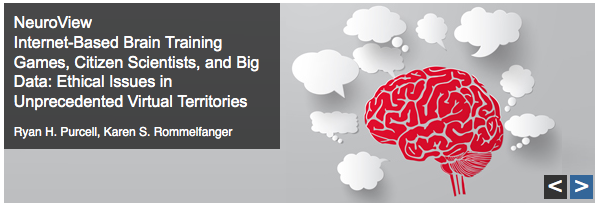Trust in the Privacy Concerns of Brain Recordings

By Ian Stevens Ian is a 4th year undergraduate student at Northern Arizona University. He is majoring in Biomedical Sciences with minors in Psychological Sciences and Philosophy to pursue interdisciplinary research on how medicine, neuroscience, and philosophy connect. Introduction Brain recording technologies (BRTs), such as brain-computer interfaces (BCIs) that collect various types of brain signals from on and around the brain could be creating privacy vulnerabilities in their users. 1,2 These privacy concerns have been discussed in the marketplace as BCIs move from medical and research uses to novel consumer purposes. 3,4 Privacy concerns are grounded in the fact that brain signals can currently be decoded to interpret mental states such as emotions, 5 moral attitudes, 6 and intentions. 7 However, what can be interpreted from these brain signals in the future is ambiguous. The current uncertainty that surrounds future capacities to decode complex mental states – and ...


